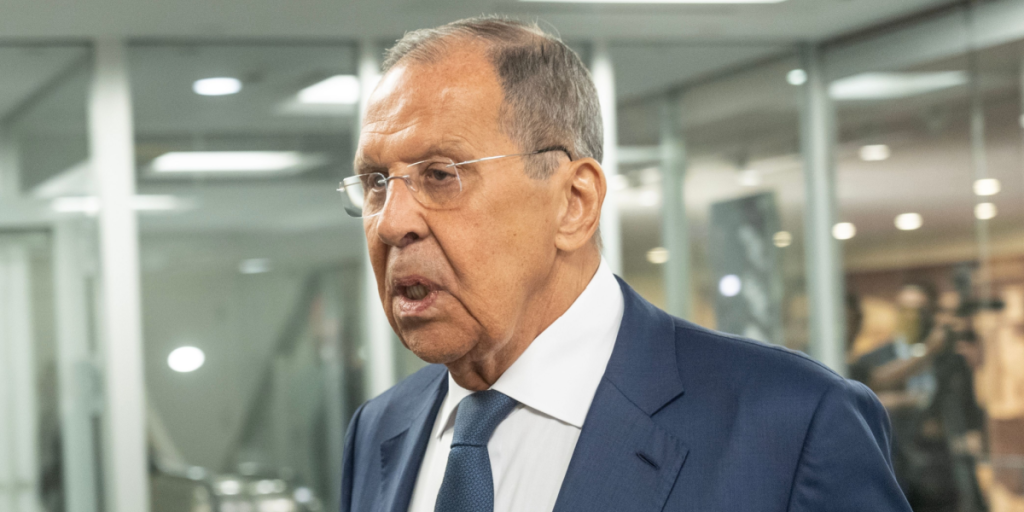It includes five Ukrainian regions to be internationally recognized as Russian.
Others are reading now
It includes five Ukrainian regions to be internationally recognized as Russian.
What is happening?
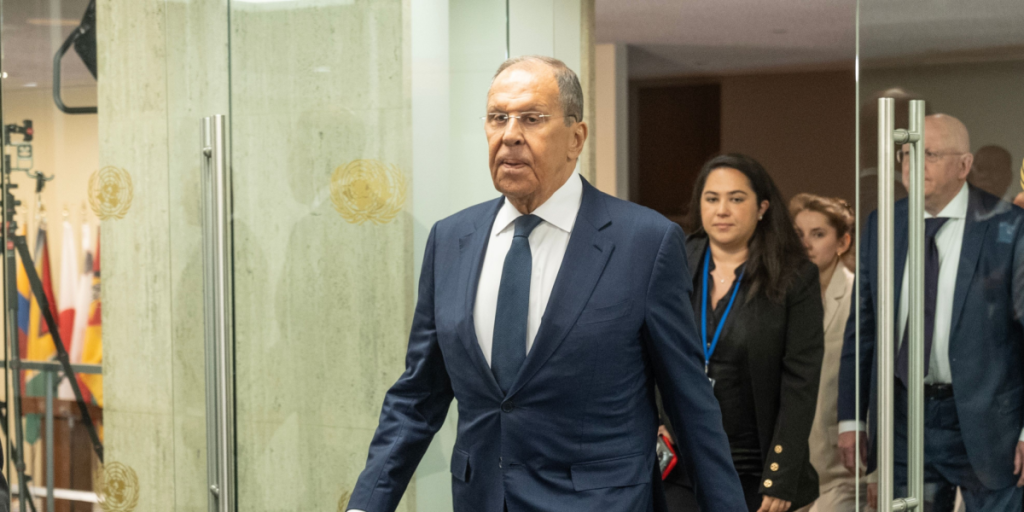
Russian Foreign Minister Sergey Lavrov has stated that lasting peace in Ukraine hinges on formal recognition of new territorial boundaries.
Five regions to be Russian
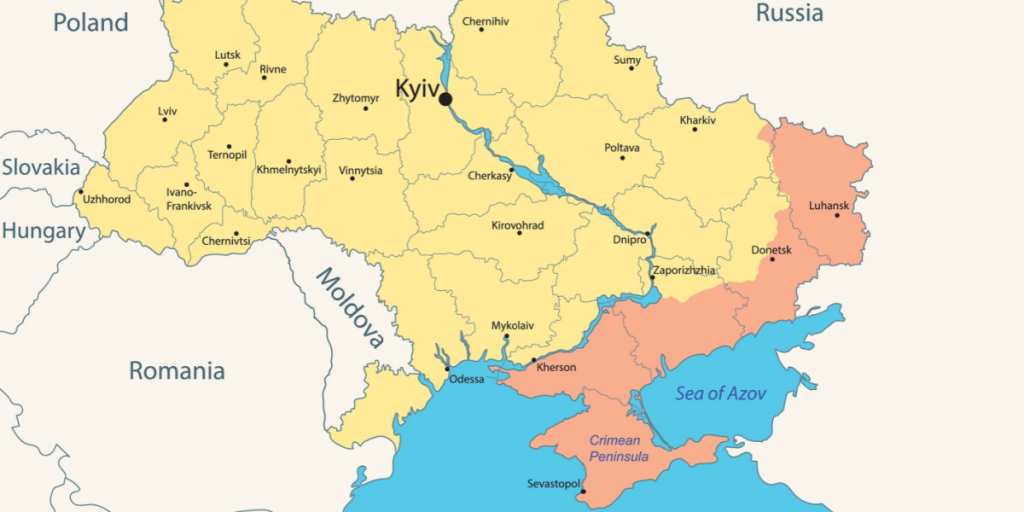
In an interview with Indonesia’s Kompas newspaper, Lavrov stressed that regions such as Crimea, Donetsk, Lugansk, Zaporozhye, and Kherson must be acknowledged as part of Russia.
Referenda cited as legitimizing factor
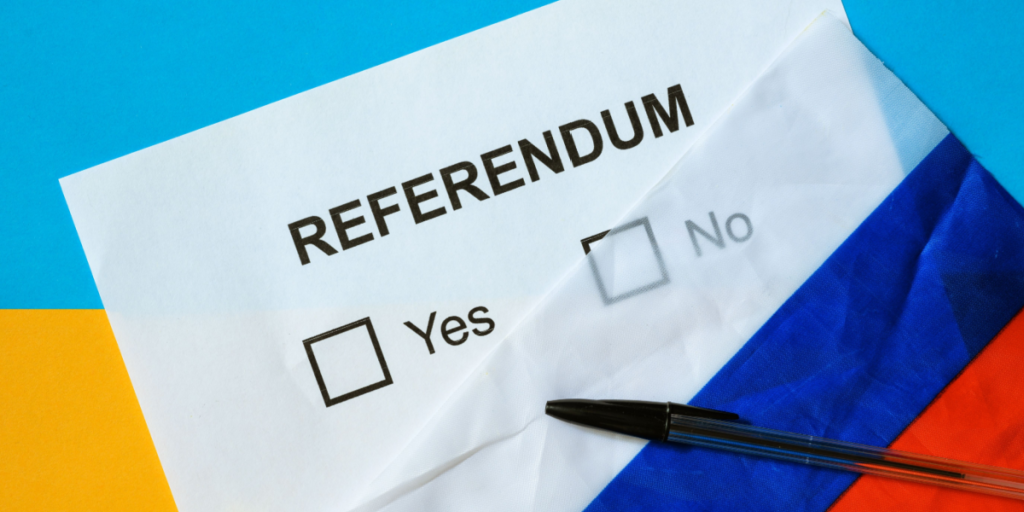
Lavrov pointed to referenda held in the aforementioned regions as the foundation for their integration into the Russian Federation.
Moscow insists these votes reflect the will of local populations, despite widespread international condemnation and claims of illegitimacy from Ukraine and its allies.
Also read
NATO expansion framed as core threat
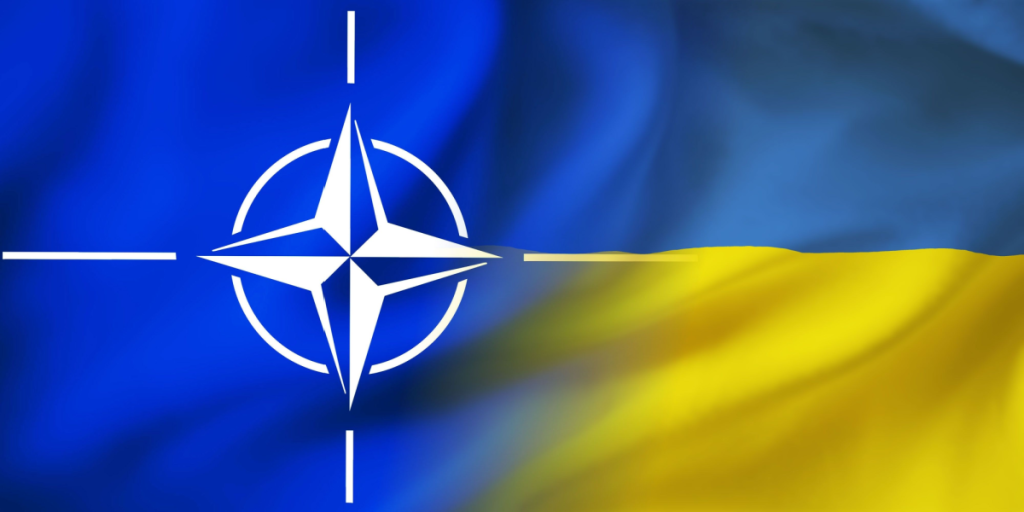
Another key issue, according to Lavrov, is the expansion of NATO.
He argued that the alliance’s growing footprint and efforts to integrate Ukraine created direct threats to Russia’s national security.
These tensions, he said, were a central trigger for the ongoing conflict.
Security guarantees must be mutual
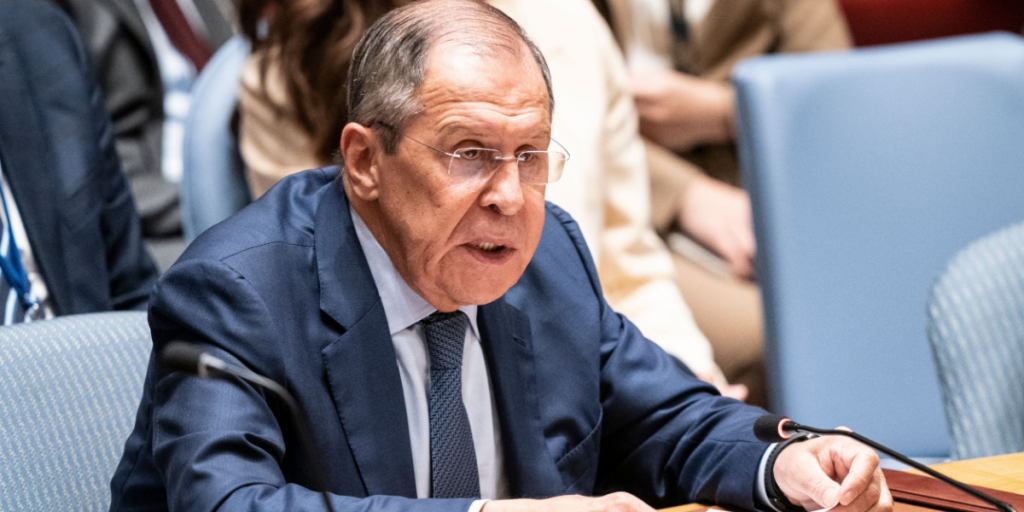
Lavrov emphasized the need for a new, inclusive security architecture across Eurasia.
“A new system of security guarantees for Russia and Ukraine must be formed as an integral part of a pan-continental architecture of equal and indivisible security in Eurasia,” he said.
Also read
He insisted that lasting peace depends on ensuring security for both sides, not just Ukraine.
Accusations against Kiev on human rights
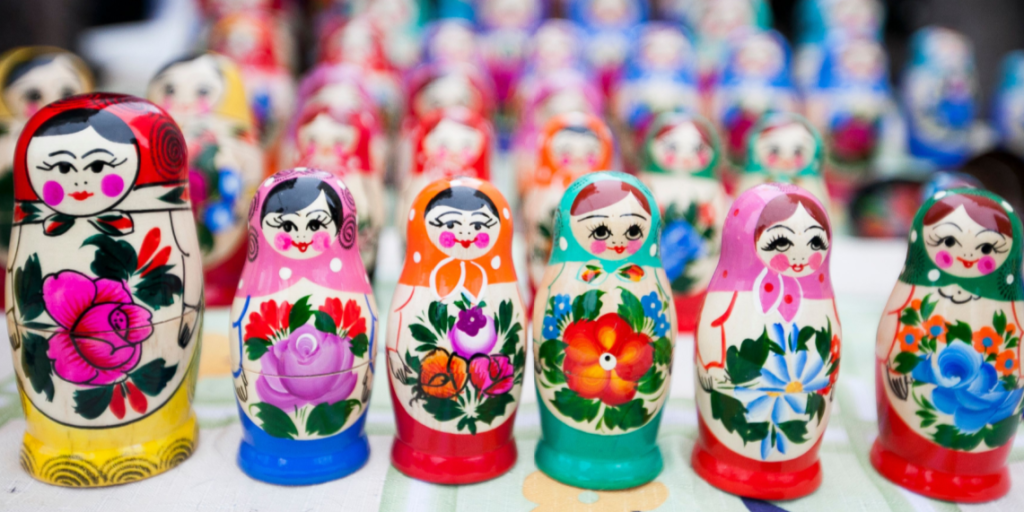
The Russian diplomat also accused the Ukrainian government of systematically suppressing Russian culture and identity.
He cited bans on the Russian language, traditions, and media as examples of what he called human rights violations.
Suppression of the Russian language highlighted
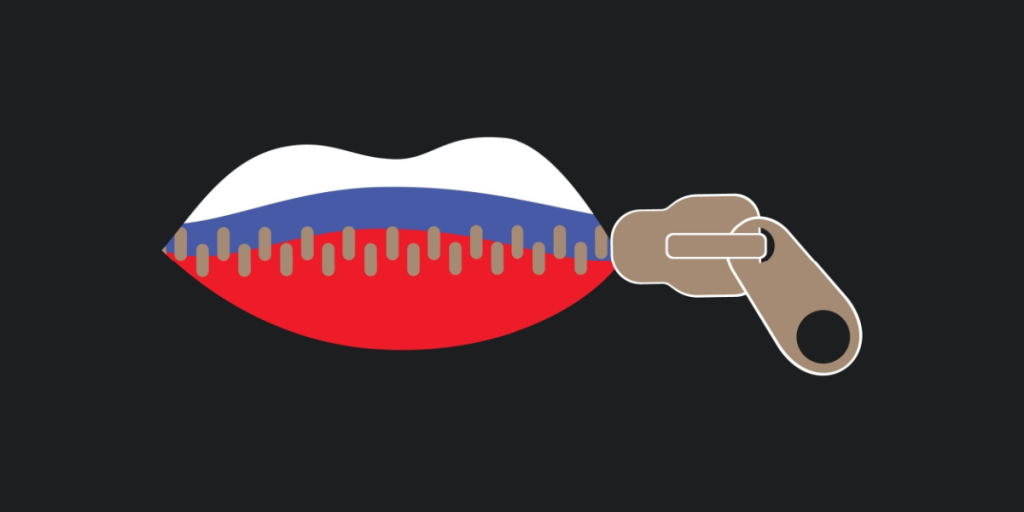
Lavrov further argued that Ukraine is unique in its crackdown on the Russian language.
“Today, Ukraine is the only country where the use of the language spoken by a significant portion of the population has been outlawed,” he added.
Also read
This, he said, contributes to ongoing unrest and deepens divisions within the country.
Fact check

Russian has not been made illegal in Ukraine at the national level.
However, since 2022, a ban has been introduced on Russian books and music in public spaces.
A controversial law from 2019 has also been criticized, as it requires all residents of Ukraine to be able to speak Ukrainian, and prevents individuals from holding public office if they have “insufficient” knowledge of Ukraine.
Return to neutrality demanded
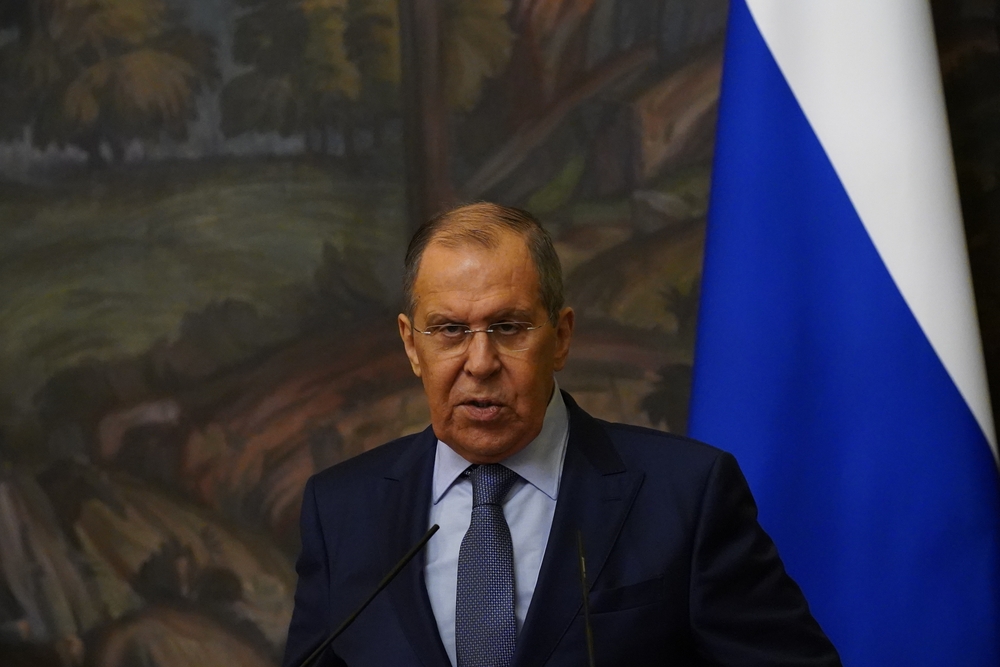
Lavrov reiterated Moscow’s longstanding demand that Ukraine adopt a neutral, non-aligned stance.
Also read
Referring to Ukraine’s 1990 Declaration of Independence, Lavrov stressed that this was a condition under which Russia and others originally recognized Ukraine’s sovereignty.
A broader vision for Eurasian security
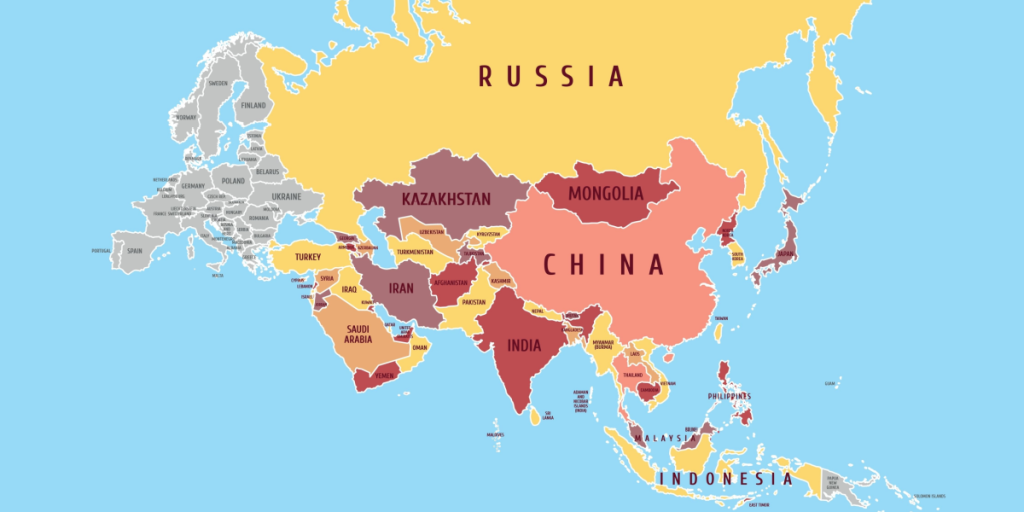
The foreign minister envisions a new continental framework that guarantees equal security for all states in the region.
Such a system, he suggested, would prevent future conflicts by removing perceived imbalances caused by NATO’s influence.
Human rights and religious freedom
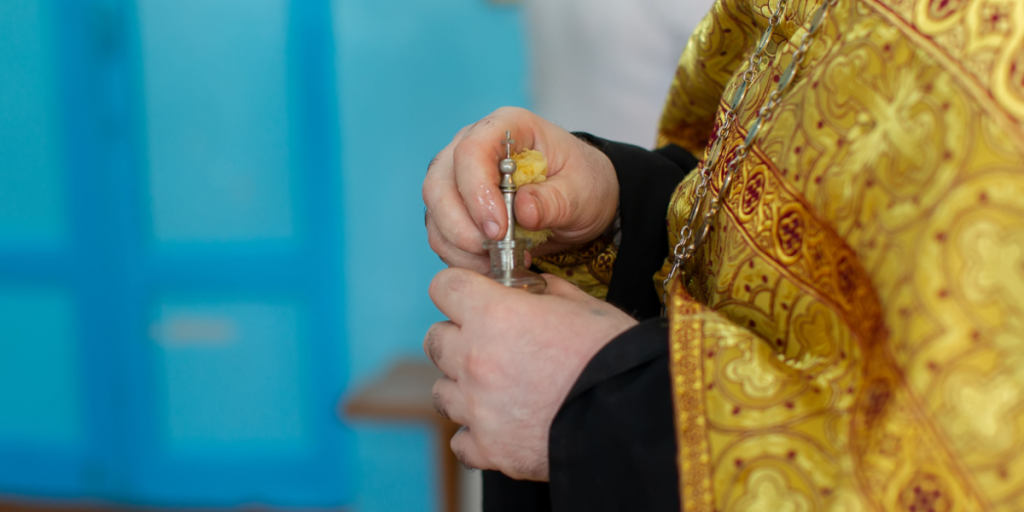
Lavrov also pointed to restrictions on canonical Orthodoxy in Ukraine, claiming that religious and cultural repression is part of a wider campaign against Russian identity.
He included religious institutions and Russian-language media as among those allegedly targeted by Kiev.
Also read
International legal recognition as a peace pillar
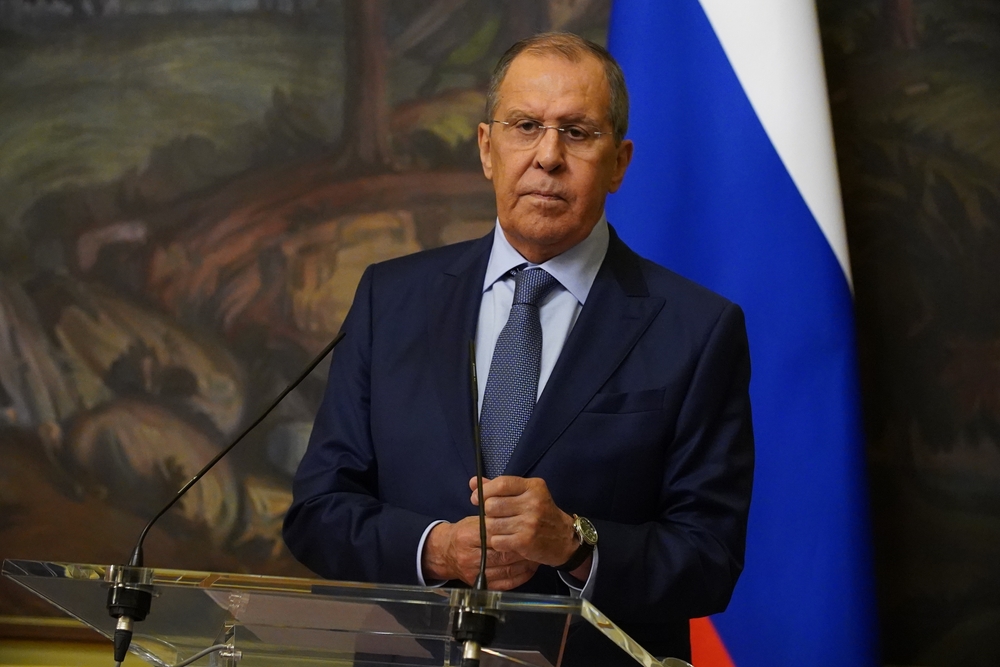
In closing, Lavrov insisted that peace talks must reflect the current situation on the ground.
Without international legal recognition of the territories now under Russian control, he argued, any agreement would be unstable and incomplete.

